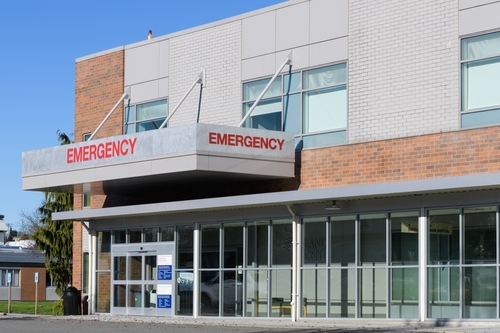According to a study in Health Affairs, a large number of nonprofit hospitals located in urban cities are exploiting a Medicare definition that allows them to be considered both “urban” and “rural” simultaneously, letting them tap generous benefits and reimbursement models specifically intended for rural communities.

The study said the dual classification allows the hospitals to use urban wage indexes for calculating Medicare reimbursements, while benefiting from policies intended to support rural hospitals. Dual classification rose from three in 2017 to 425 in 2023. More than three-quarters of dually classified hospitals were non-profits, the study found, including many academic medical centers in metropolitan areas.
The study has elicited concern from U.S. Rep. Jason Smith (R-MO), the chair of the House Ways and Means Commission.
“Recent evidence shows an alarming trend among mostly nonprofit urban hospitals that are exploiting federal health care programs by posing as rural facilities to take advantage of flexibilities within Medicare intended for facilities located in truly rural areas,” Smith said in a statement. “The dual classification scheme imposes damaging costs on American taxpayers as well as our rural communities who are at risk of seeing critical resources like affordable doctors and medicines being funneled away to pad the bottom lines of urban hospitals. As the committee with jurisdiction over Medicare hospital payments, we must restore integrity, commonsense, and balance to the system.”
Smith accused the use of the “dual classification scheme,” as a way to “game the system” to get financial benefits of being an urban hospital, while receiving benefits as a rural hospital, including an increase of up to 30 percent more Medicare-funded Graduate Medical Education (GME) slots and the ability to care for fewer low-income patients to qualify for the 340B outpatient drug program.